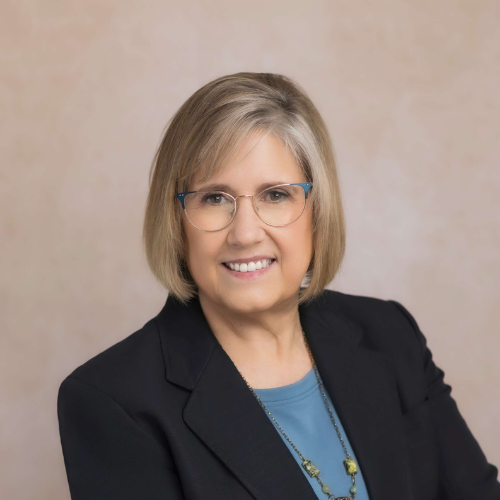Commentary on Psalm 25:1-10
Happy New Year!
The Christian church begins its year, just as the secular calendar is winding down. It reminds me that to be a Christian means to never mold myself to the rules and principalities of this world. It also reminds me that with every closing, there is a new beginning. So, on this December day, we begin the story of our faith again anew.
The texts for this week each bring a different perspective to this New Year celebration. The Jeremiah text assures us a righteous branch will spring forth and execute justice and righteousness. Luke announces the “Son of Man” is coming and our redemption is near. The last two readings move from the one coming to the ones who will receive this Lord of Life. The epistle text offers encouragement and advice for daily life. The psalm speaks to God on behalf of one believer and provides a posture of receptiveness for the coming days.
Psalm 25 is an acrostic poem, so even if the lectionary focuses on the first ten verses, the psalm should be considered a seamless whole. The psalm covers several themes: beginning with petitions to God (verses 1-3), but quickly moving to requests for God to teach and forgive the one (verses 3-7), followed by declarative praise of God who teaches and forgives (verses 8-10), the remainder of the psalm focuses on forgiveness and salvation for the one (verses 11-21) and finally for Israel (verse 22).
Verse 1 begins with an affirmation of the relationship, “To you, I lift my soul, O God, in your I trust.” The Hebrew word for soul is nephesh which represents the whole self, not only the soul. As Advent dawns, it is good to affirm the bedrock of our faith – “I lift myself to you, and in you, I place my trust.” The affirmation is short and immediately followed by the realities of the world –do not let me or my community, the ones who belong to you, be shamed. Or in other words, protect us from the malicious acts of others. This one is asking God for protection for the individual and the community against the slings and arrows of the malicious ones.
Who are the malicious ones? It is for every reader and community to assess this for themselves. Poetry allows for each one to name those persons and situations which cause suffering.
The next pleas to God implore the Lord to teach and lead the one in God’s path and truth, followed by equal pleas to “be mindful of your mercy” and “not remember the sins of my youth, or my transgressions.” This psalm places learning and forgiveness together, and we are to contemplate why. How are these concepts related to the request for protection from shame?
The “why” or juxtaposition of two or more concepts is a hallmark of Hebrew poetry. The psalms ask us to stretch our theological muscles. I am sure there are many answers, but I thought of the quote from Maya Angelou, “Do the best you can until you know better. When you know better, do better.” The psalm is a reflection on the life of a person and a community. It calls us to look to the past to see how God has provided both growth and forgiveness. It also calls on us to be honest about our past.
The arc of a life is long, and usually, the arc of a church or a denomination is much longer. Individuals and the church have had positions over that time which now, after God’s life lessons, must be named as sin. The church has often been in the position of asking God’s forgiveness and the forgiveness of humans it has hurt or excluded. Part of Reformed Tradition is a belief that both persons and faith communities will sin, but “when they know better, they do better.” This psalm celebrates this growth in God’s grace and is also honest about the mistakes along the way.
The lection ends with declarative praise for the Lord who teaches humans God’s ways. The Good News is that we do not remain stuck in our sin because God does not abandon us but “instructs the sinners in the way.” The individual and the community have a future and an opportunity to “do better.”
The Jewish New Year begins with Yom Kippur a time when all persons ask for forgiveness from each other (the day before) and God. It is a time to reflect on his or her actions in the past year. The purpose of this reflection is to first repent and then to do better in the coming year. Psalm 25 presents us here on the first day of our Christian year with a similar reflection. We can begin the Christian year with a reflection on the past, not as a condemnation of our youth, but as a celebration of God’s faithfulness and God’s teaching throughout our lives. We can leave the old behind us and move forward into a New Year trusting God will guide us to “do better.”


December 2, 2018